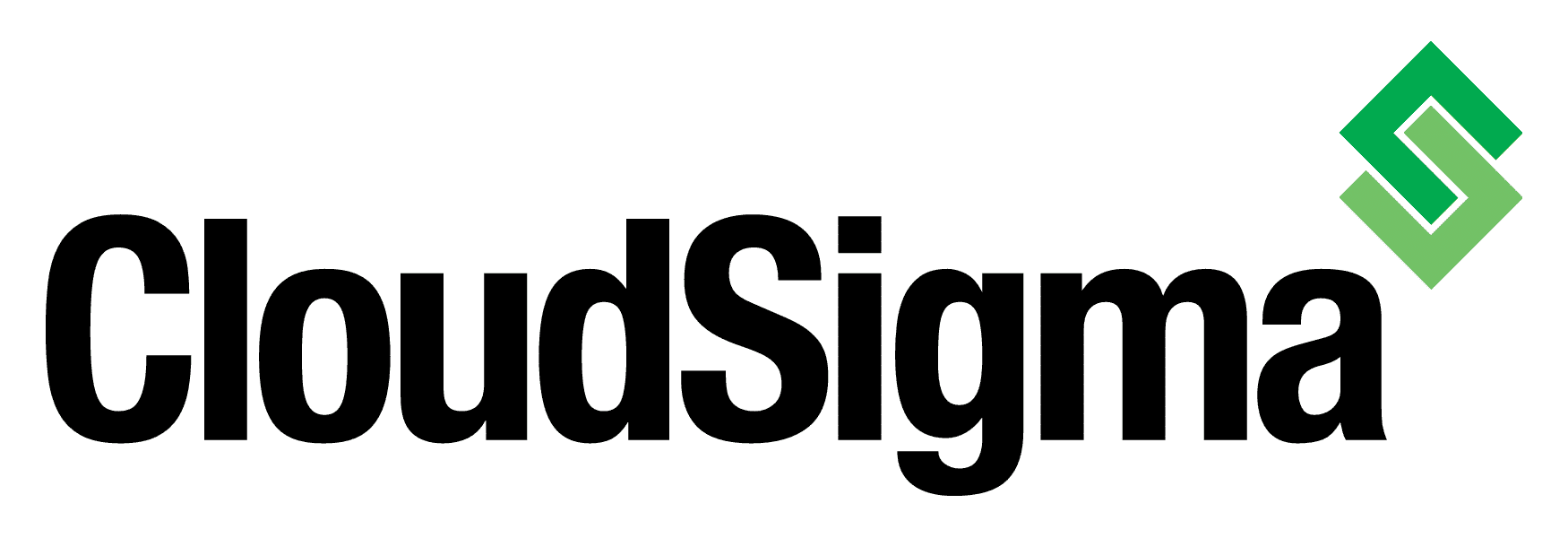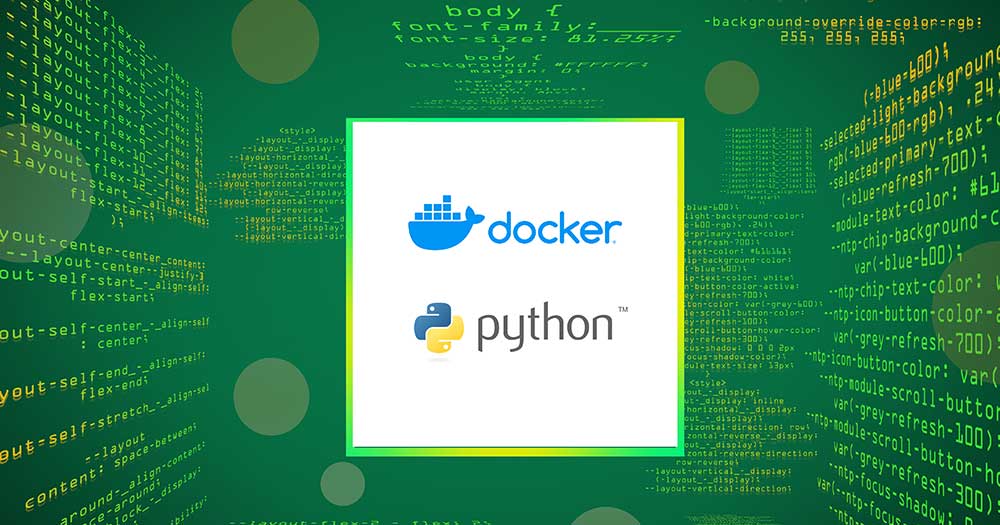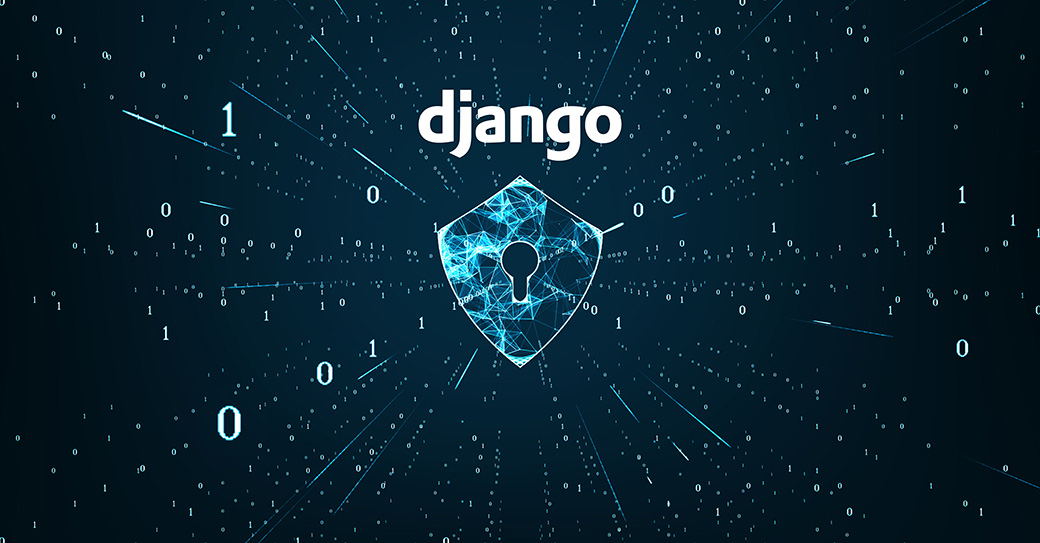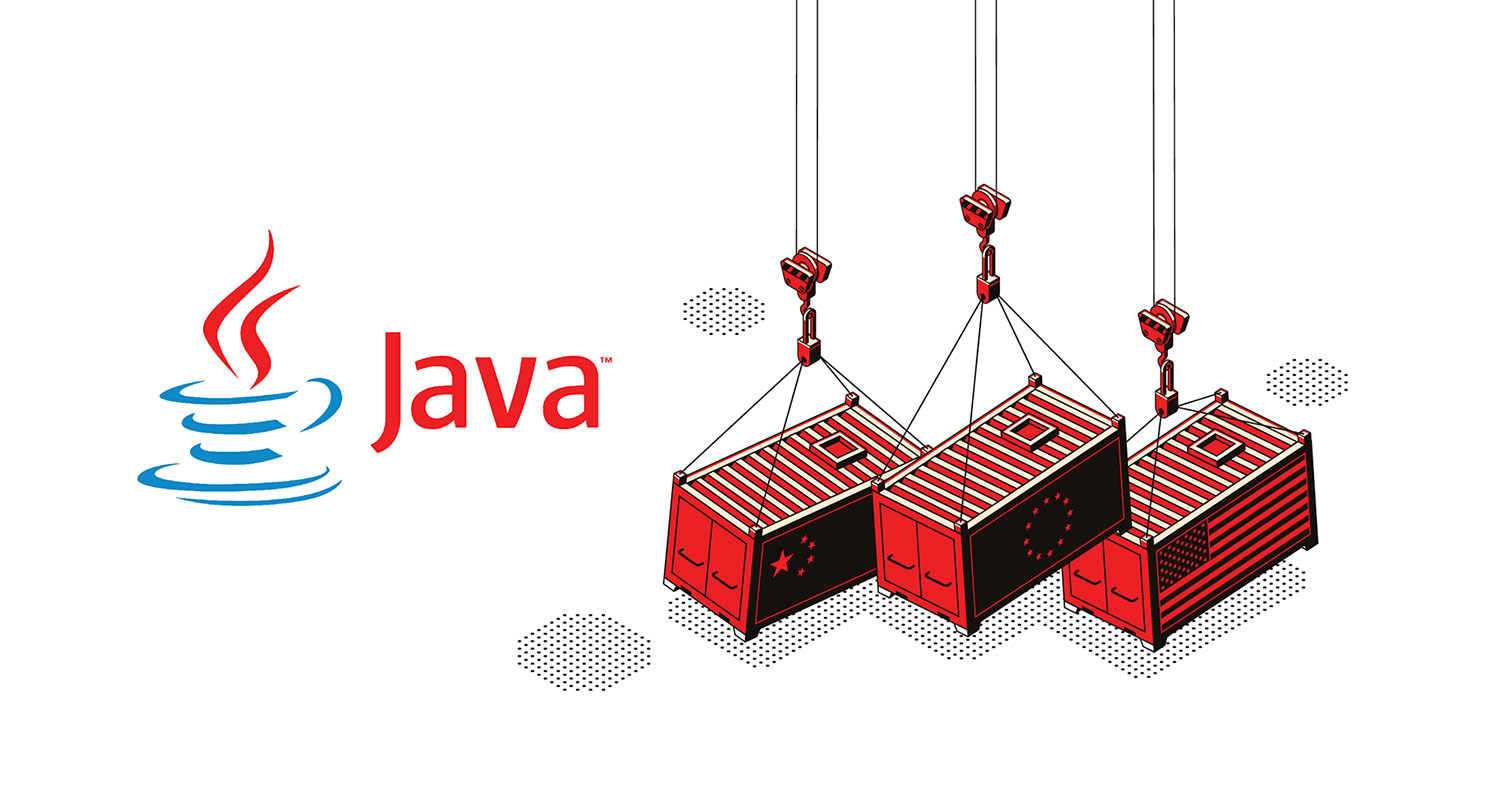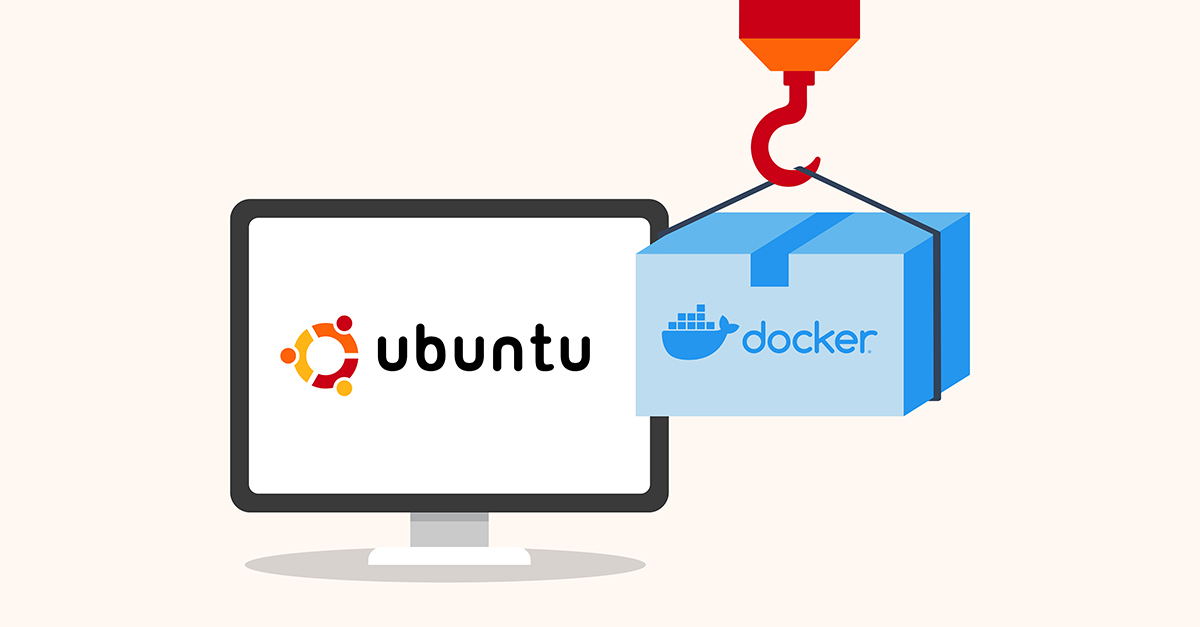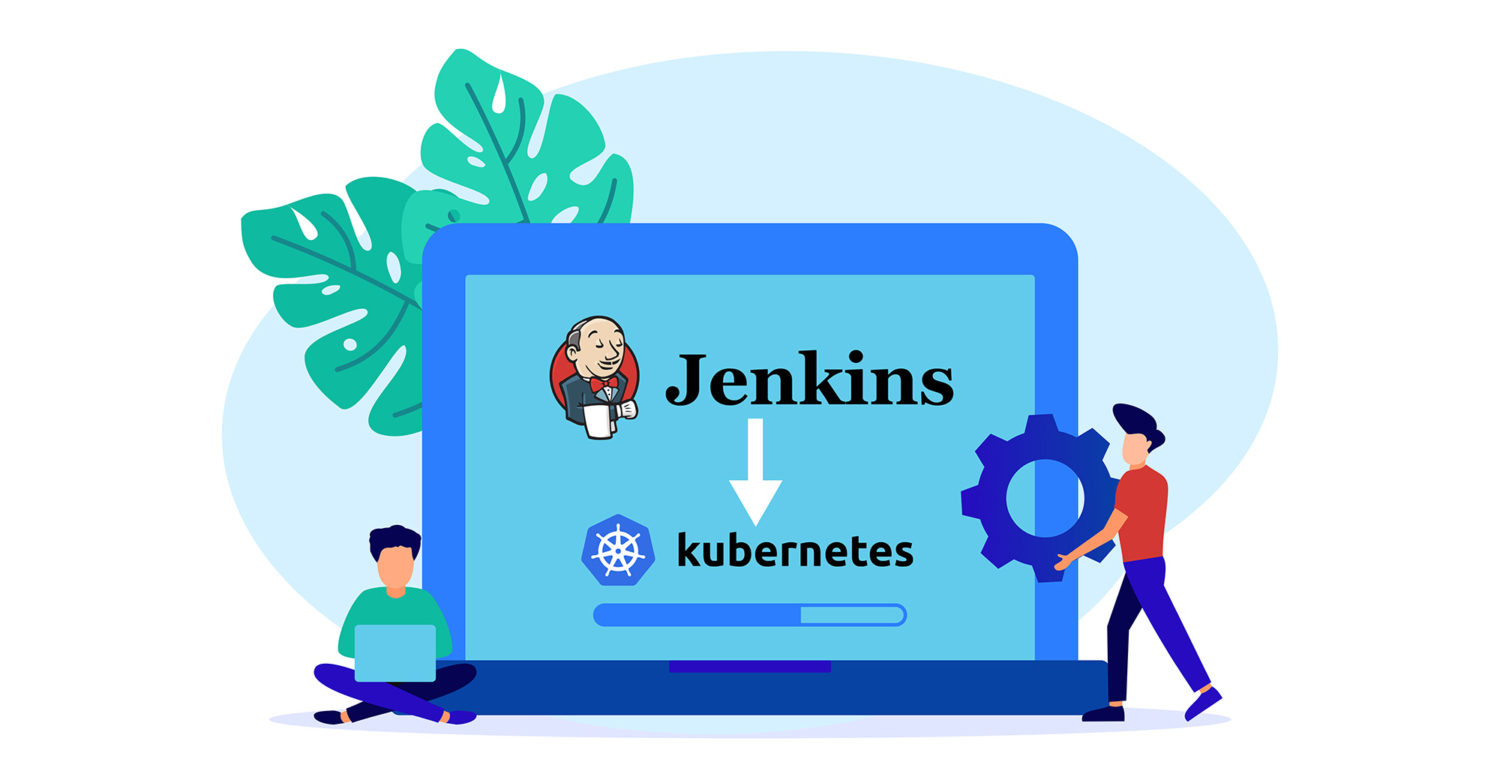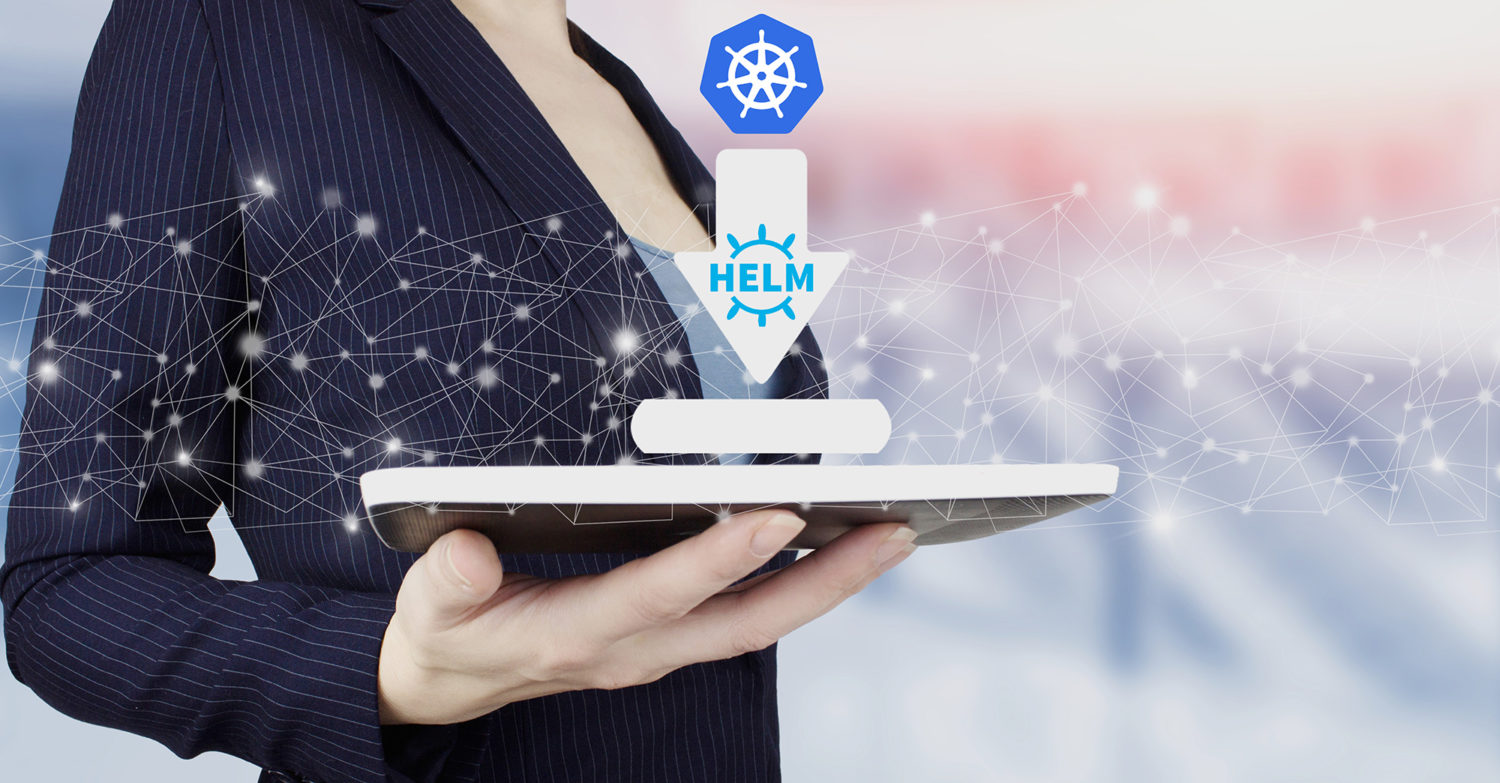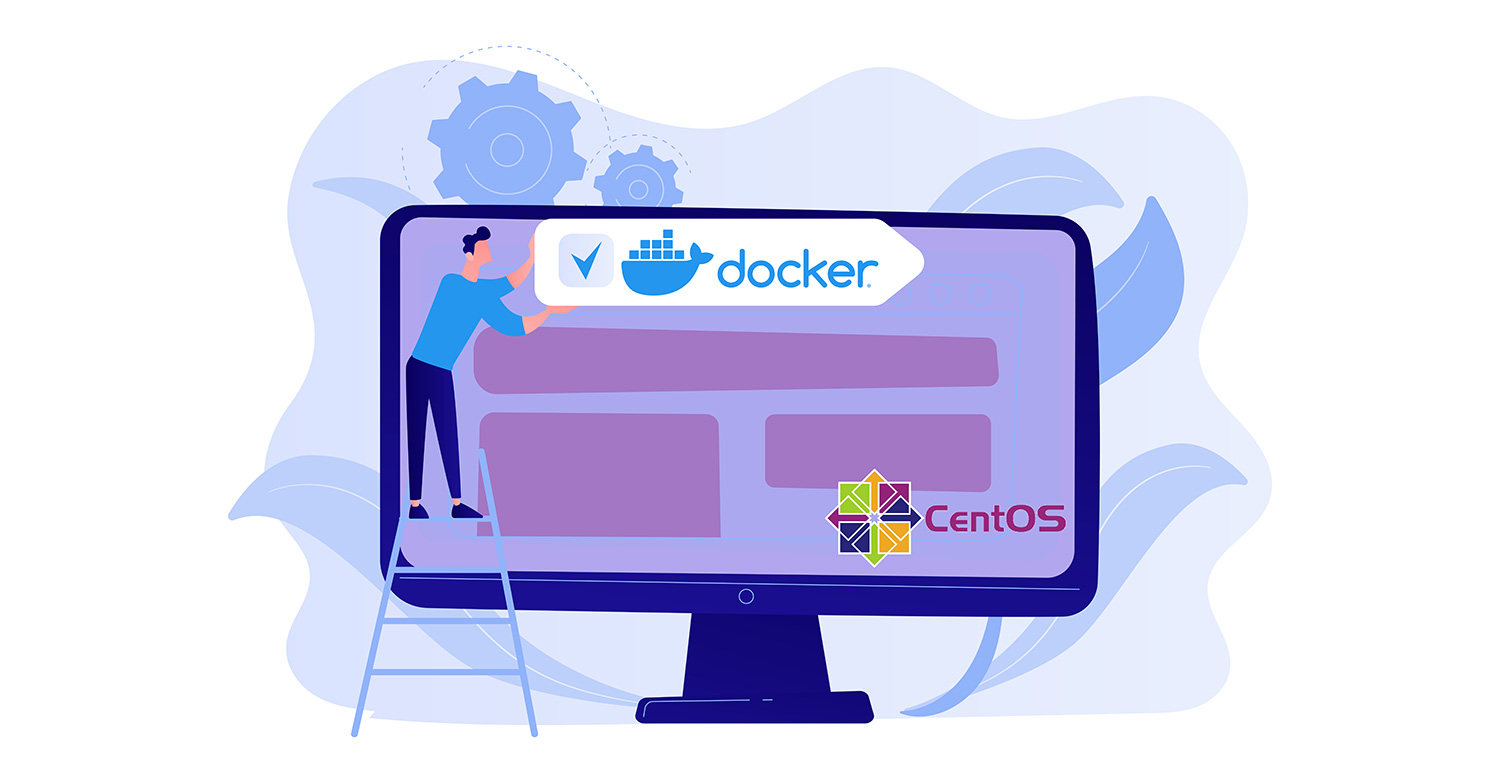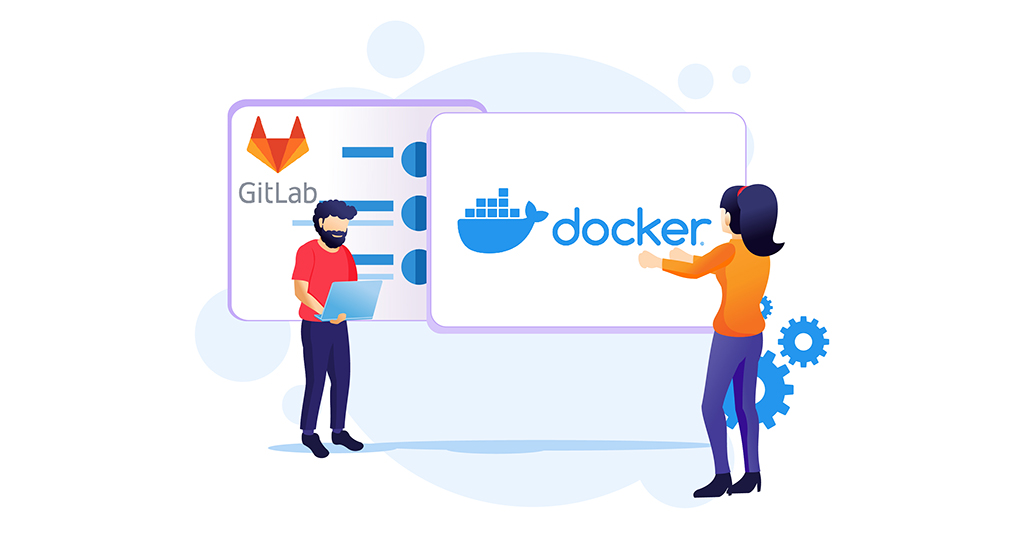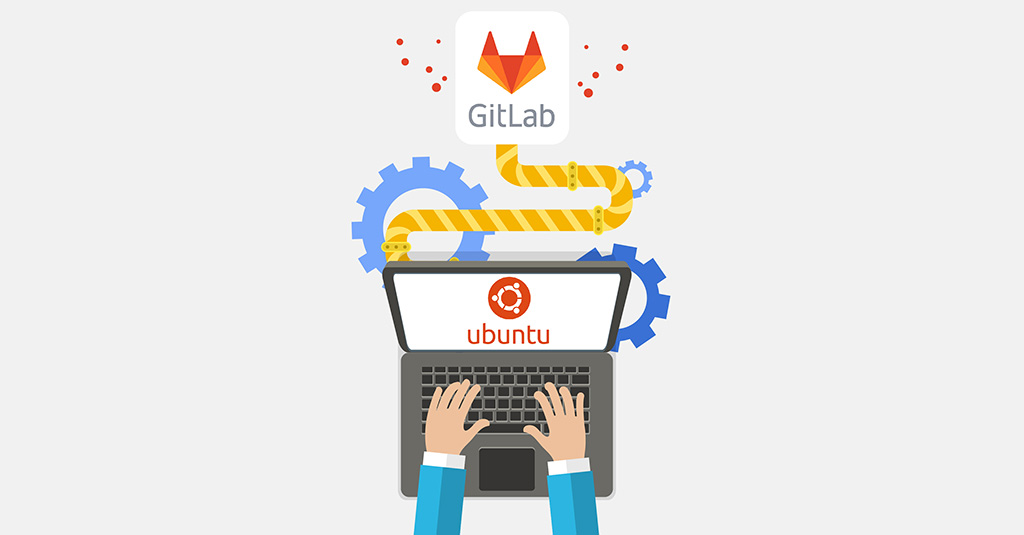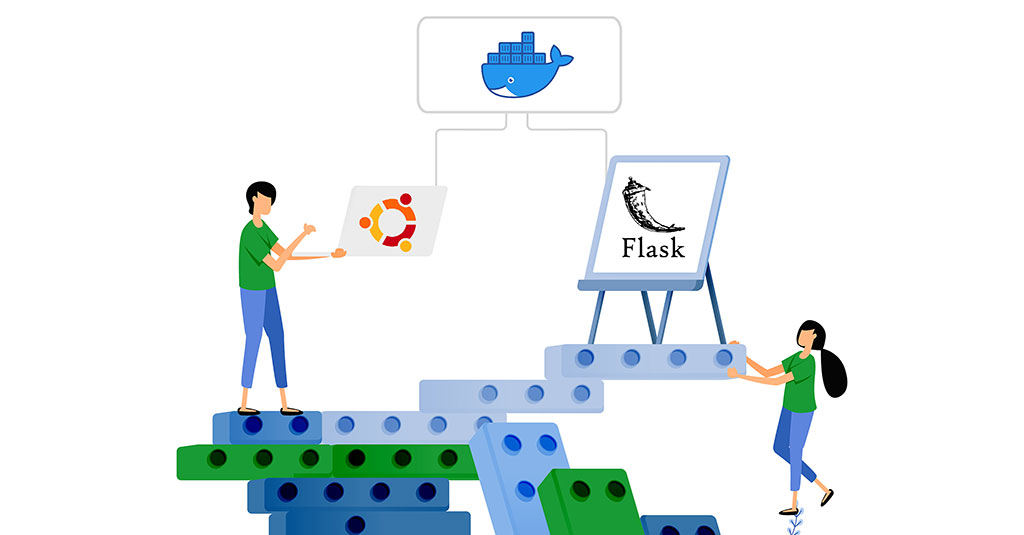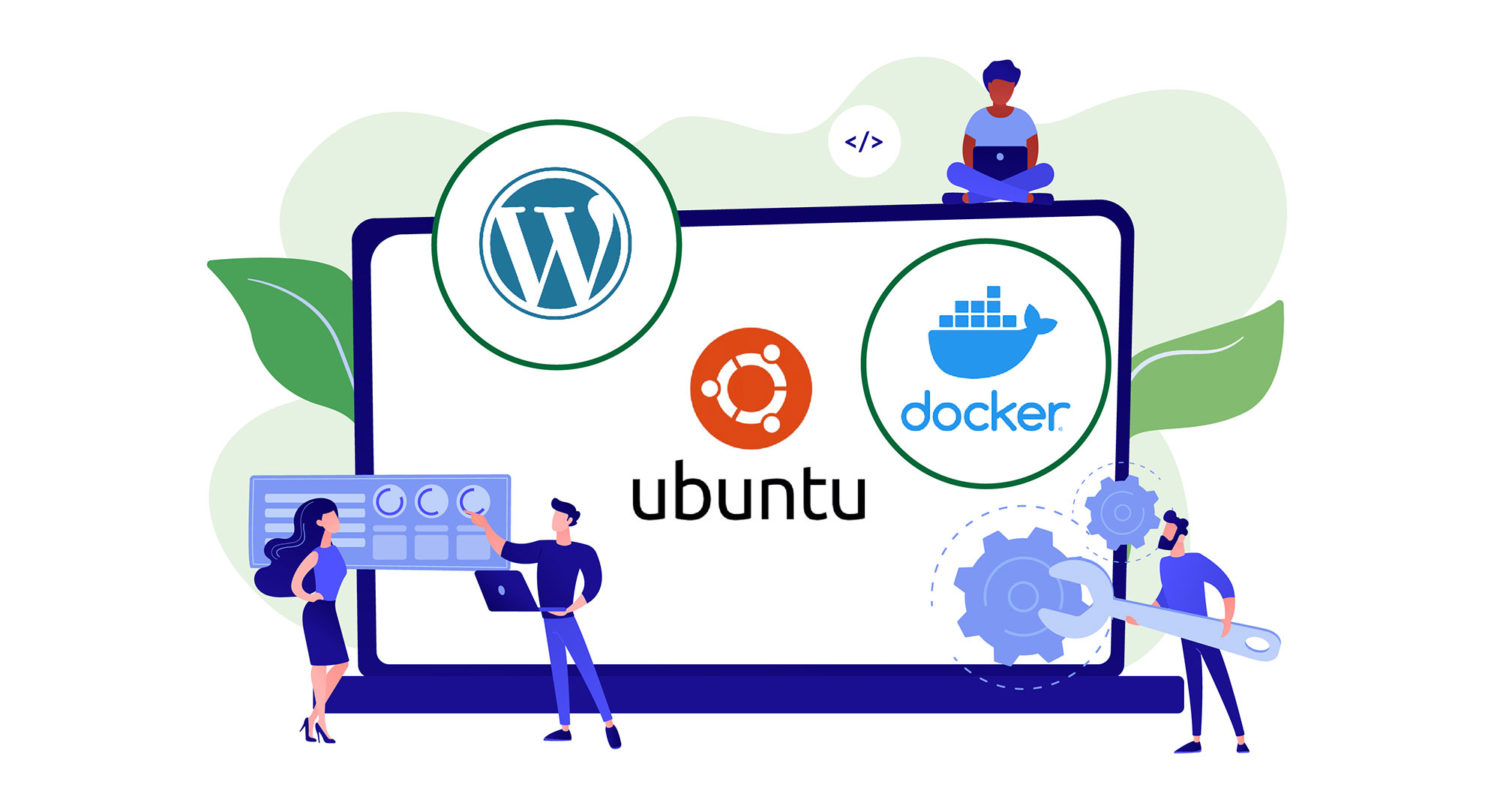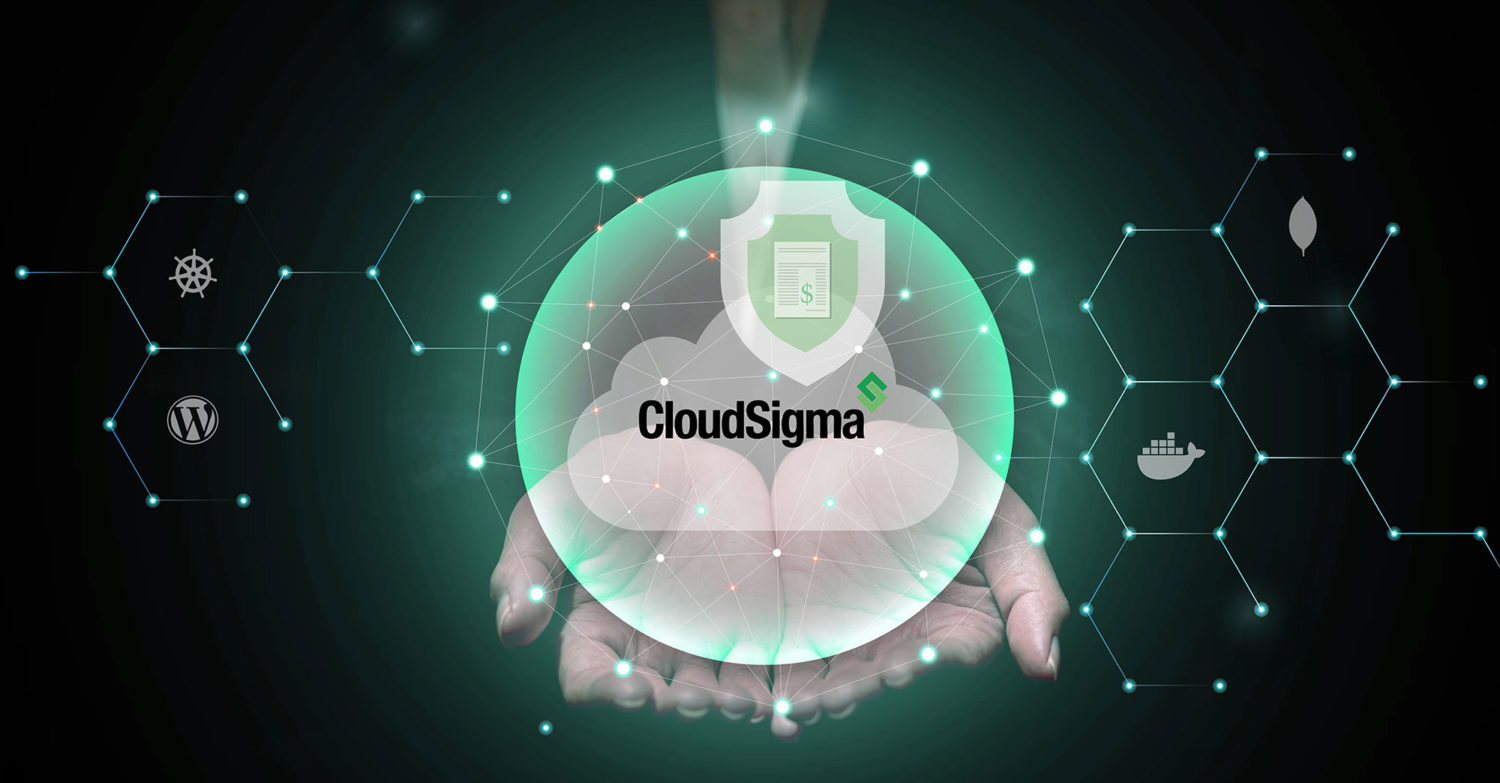Docker is a free and open-source solution for developing, deploying, and managing apps in lightweight, OS-level virtualization. In this guide, we will demonstrate creating a Python app within a Docker container. Prerequisites To perform the steps demonstrated in this guide, you will need the following components: A Linux system. Check out configuring your own Ubuntu VPS on CloudSigma. The latest …
How To Secure and Scale a Django Application with Docker, Nginx, and Let’s Encrypt
Millions of users get on the Internet to access information for various purposes including learning, entertainment, news, and sharing their lives’ progress with friends. Hence, when deploying an app, it’s in your best interest that you implement a highly secure and scalable infrastructure for your application. The cloud offers various ways to secure and scale a Django application. Horizontal scaling …
Using CloudSigma PaaS to Shift Java Applications into Containers
For the longest time, application development and management were completely dependent upon physical infrastructure. As businesses looked to host multiple applications on a singular hardware system, virtualization solutions like hypervisors were introduced. A hypervisor, also known as a Virtual Machine Monitor (VMM), is software that creates and runs Virtual Machines (VMs). The hypervisor will allocate resources to each guest or …
Working with Docker Data Volumes on Ubuntu 20.04
Introduction Docker Data Volumes is an important concept when containerizing your applications. Knowing this concept is vital for ensuring the best experience of your containerized application along with reliable persistence and data management. However, while this concept is important, it is also confusing and complex for many developers. It is important for developers and DevOps specialists to be able to …
Installing Jenkins on Kubernetes
Continuous Integration and Continuous Development is now a standard way of deployment. Also called CI/CD, it creates pipelines to automate testing, deployment, integrating code, and reporting. While there are many tools available in the market, both free and open-source, in this tutorial, we will be installing Jenkins on Kubernetes. Jenkins is one of the most popular CI/CD tools used for …
Installing Software on Kubernetes with Helm 3 Package Manager on Windows
A If you are coming from a development background, you are probably aware of the Package Manager term. Package Managers allow you to install dependencies, upgrade and downgrade versions, and so on. In this tutorial, we will look at a very popular package manager for Kubernetes, called Helm. Helm assists in managing Kubernetes applications. With Helm, you can define a …
Installing Docker Compose on CentOS 7
Dockerisation has redefined the deployment and automation process in the software industry. Since its inception, the Docker team has continuously strived to make automated deployment seamless. Containerization technology does not just enable rapid application development and efficiency, but also saves time and strenuous efforts. Unbeatable functionalities such as orchestrating, defining, and running multi-container applications together make Docker a favorite pick …
How to Host a Docker Image Repository and Build Docker Images with GitLab Self-Managed Instance on Ubuntu 20.04
Containerization technology has greatly advanced in the software development tech space as the most accepted method of packaging and deploying applications in cloud environments. This has been necessitated by the need for continuous integration (CI) and continuous deployment (CD) which are defining aspects of DevOps. Software developers and engineers make use of containers to achieve the CI/CD aspect of software …
How To Set Up GitLab Continuous Integration (CI) Pipelines on Ubuntu 20.04
Every developer understands how crucial version control is to the software development lifecycle. It enables multiple people to work simultaneously on a single project, each person maintaining their own copy of the code and choosing when to share it with the rest of the team. To achieve this, developers make use of Git repositories to help with version control. GitLab …
Build and Deploy a Flask Application with Docker on Ubuntu 20.04
Introduction Docker is an open-source container platform. It is a lightweight, virtualized, portable, software-defined standardized environment that allows the software to run in isolation from other software running on the physical host machine. Docker offers a lightweight alternative to virtual machines. At the same time, it provides portability, performance, agility, and scalability of applications. For a comprehensive guide about the …
How to Deploy WordPress with Docker Containers on Ubuntu 20.04
Introduction WordPress is one of the most popular Content Management Systems (CMSs) out there. Statistically, it powers over 39% of all websites you see around the world wide web. It’s a popular choice because of its extensibility through plugins and its flexible templating system. It allows you to change its appearance in seconds. Moreover, its administration can be done through …
Is PaaS Platform Lock-In a Hidden Threat to Your Business?
Platform-as-a-service (PaaS) offerings can be a powerful solution to the problem of scarce resources. By removing the complexity of managing underlying infrastructure and development environments, they make it possible to write, test and deploy new applications fast and efficiently. Since speed to market is now a key competitive differentiator, PaaS is a choice that can deliver a market advantage. The …
